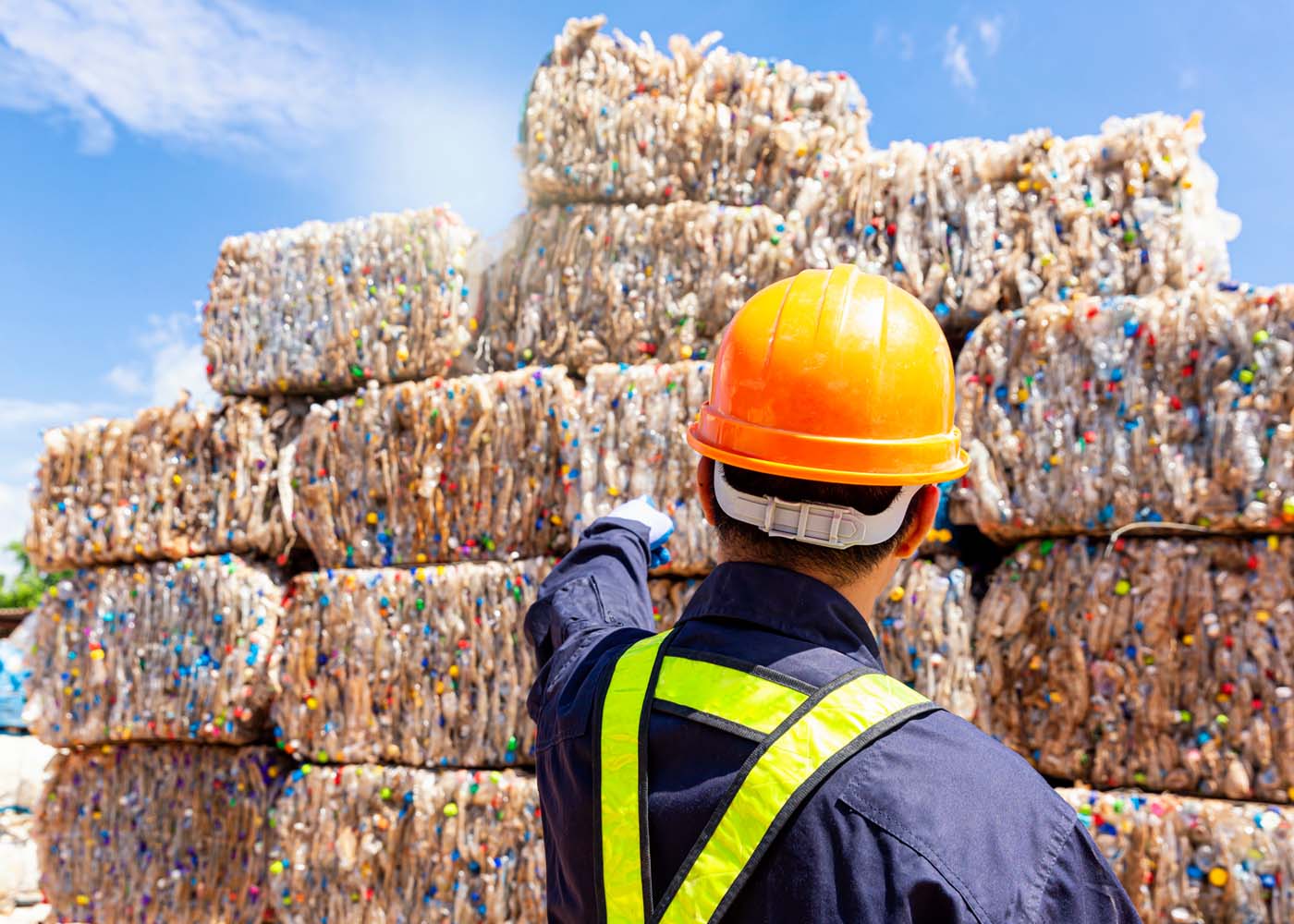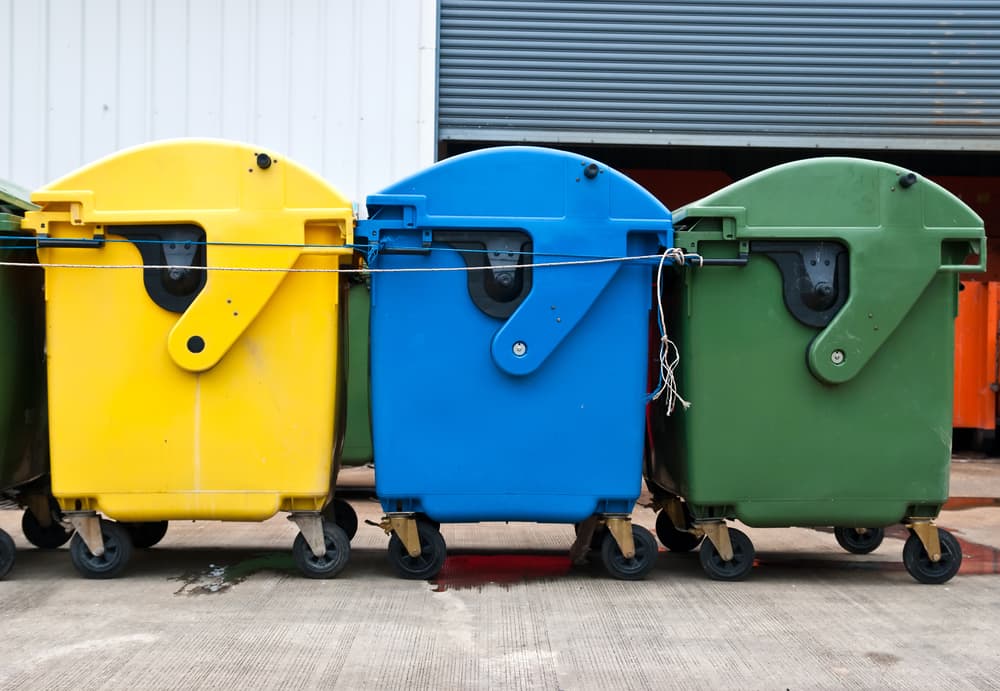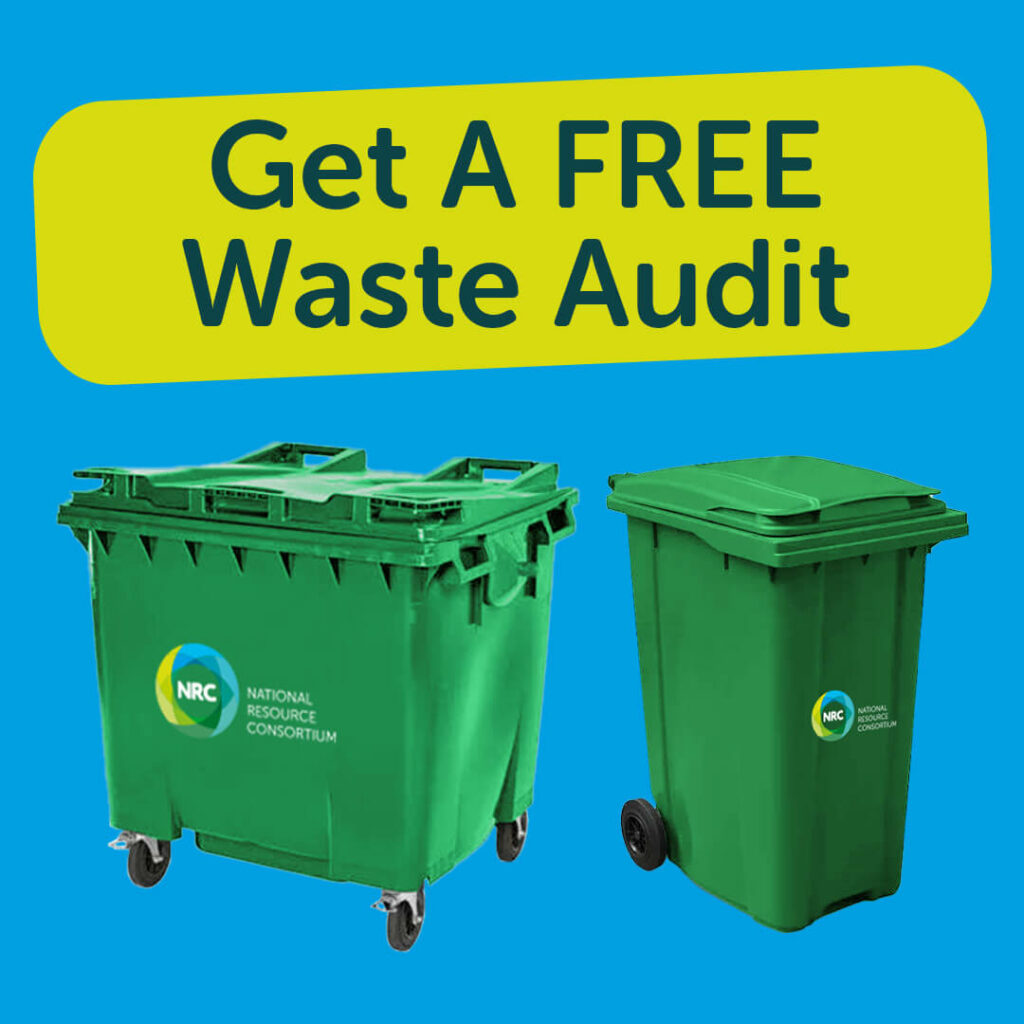May 9th, 2024

The Impending Waste Market Price Increase
With the annual waste market price increase looming in April 2021, many businesses are speculating by how much waste disposal companies will increase their service costs following what has been a difficult financial year for both the waste industry and for the majority of their customers.
Factors Influencing Price Adjustments
Currently fixed at the costly standard rate of £94.15/tonne, landfill tax is the amount charged on a material disposed of at landfill. As the tax historically rises every year on 1st April, waste collection and disposal costs are usually increased around this time to reflect the inflation. But, with the financial burdens of multiple lockdowns as well as the expense of Brexit, it’s difficult to predict how the industry will approach the April price increases.
Insights from Paul Jackson, Director of NRC
Paul Jackson, Director of the UK’s leading network of independent waste operators, National Resource Consortium (NRC), shares his predictions for April 2021 and offers advice on how your business can secure a fair disposal price.
Historical Trends and Expectations
Over the last 5 years, NRC and its network of members and partners have averaged annual increases below 3.5% per annum. NRC provides services for both national and multi-site clients, yet this is still considerably below the average price increase of the largest waste management companies who have applied local increases nearer to double this figure.
Addressing Potential Challenges
National, local, and commercial lockdowns have led to mass customer shutdowns and staff self-isolations, forcing waste companies to grapple with new ways of working to avoid any big financial losses. Whilst it’s been a difficult twelve months with uncertainty still lying ahead, increasing costs to cover this shortfall should be challenged by customers, rather than accepted.
Mitigating Cost Increases
With so many unprecedented factors warranting sharp increases in the waste market cost this April, it’s worth noting the industry as a whole has also benefitted from multiple savings, which could allow for a smaller cost increase.
Tips for Cost Management
Customers can evaluate these factors to ensure their increase is kept at an acceptable level. Paul recommends that customers take the time to understand how their price increase is made up, how it’s justified and, if necessary, call in another contractor to quote for these services and to benchmark their increases.
About National Resource Consortium (NRC)
The National Resource Consortium (NRC) was established by 12 independent waste operators with a shared mission to create an innovative resource management network, driven by best practice drawn from every corner of the UK waste sector. Learn more about NRC here.





